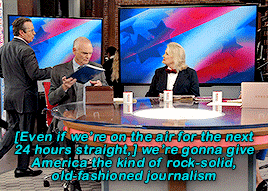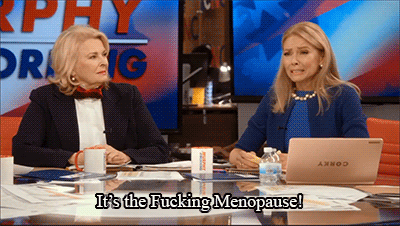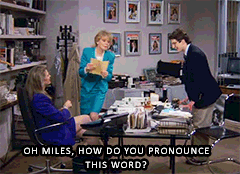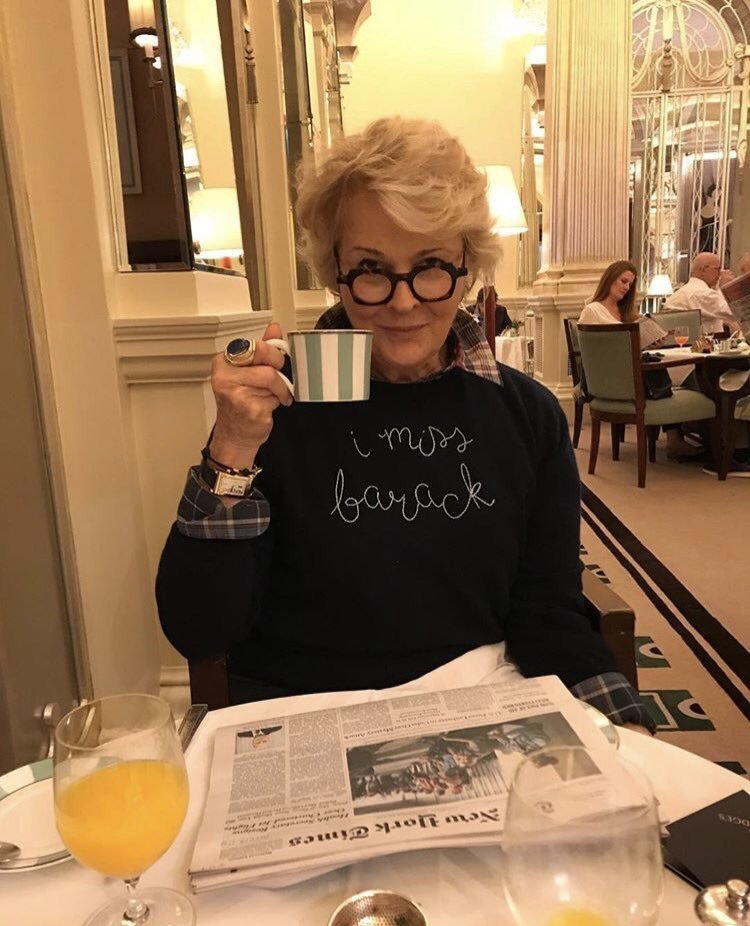Last night I was procrastinating and catching up on the recent episodes of Saturday Night Live (indubitably not as good as the old seasons, sorry Pete Davidson). The episode with Jonah Hill came on and his monologue was his induction into the five timers club. Among the the notable figures in the club was the one and only Candice Bergen. Watching this 1980s boundary pushing feminist queen on my TV outside of her Murphy Brown role inspired me to base this blog post on the impact and outside life of Candice Bergen and her show Murphy Brown.
As we read in Stealing The Show, Murphy Brown was on TV in an era where people still tuned in to watch episodes as they were premiered because the era of streaming and Netflix had yet to begin. An iconic moment occurred after Candice Bergen’s single character gave birth and became a single mother (an episode which 70 million people watched) and Vice President Dan Quayle cited her as a poor role model who was “mocking the importance of fathers by bearing a child alone and calling it just another lifestyle choice.” Murphy Brown impacted American society, and during a time where “family values” were trying to fight the success LGBT and abortion rights groups had won in the previous years. (Now that these rights have come under fire again with the current U.S leaders Mike Pence and Trump, Candice Bergen has returned to her role).
The political climate in the 1980s to modern day continue to be shockingly similar. According to Time’s magazine, A day after the Murphy Brown reboot was announced Republican Senate candidate Courtland Sykes proclaimed that “I don’t want [my daughters] to grow up into career-obsessed banshees who forego home life and children and the happiness of family to become nail-biting manophobic hell-bent feminist she-devils.” Before, a comment life this would clearly be about Murphy Brown, however modern day TV has bless us with a plethora of stereotype defying women that this statement can refer to anyone.
Murphy Brown received 8 Emmy nominations and won 5. The shows 11 seasons were so impactful that Candice Bergen was even offered a job as a journalist on 60 minutes. The show had such an impact when it was originally on, it will be interesting to see what the new seasons bring.

Murphy Brown reboot



